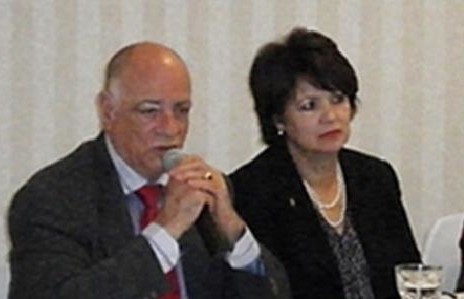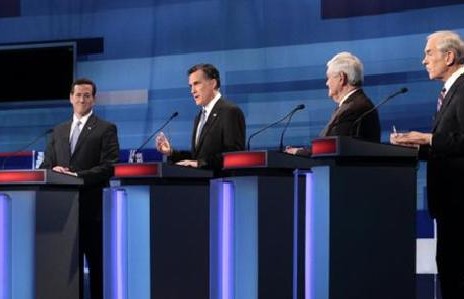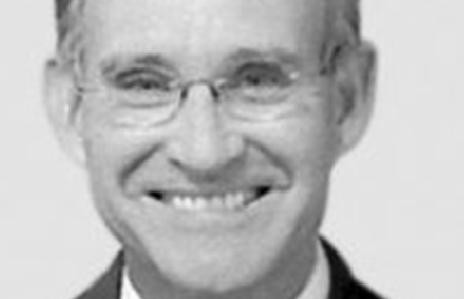
National Conference on Teacher Policy in Costa Rica
Workshop that seeks to promote debate on teacher policy and showcase innovative policies.
This post is also available in: Spanish
Fortunately, there seems to be broad recognition that a strong education system requires good teachers. In Latin America, for example, during the VII Inter-American Meeting of Ministers of Education, organized in Suriname by the OAS in March 2012 and which I attended as an observer representing PREAL, member states jointly ratified “the key role of the teacher in educational processes and results (…) so as to help ensure that the results are effective and lasting.”
Along the same lines, in Panama in May 2012, OREALC/UNESCO released the report “Background and Criteria for the Development of Teacher Policies in Latin America and the Caribbean,” prepared with technical support from CEPPE (Chile) and within the framework of recommendations made by the High Level Group on Education For All (Oslo, 2008). To support UNESCO in this initiative, PREAL made available the publications from its Working Group on the Teaching Profession (GTD) and organized, through the GTD’s Central America and Dominican Republic Chapter, various analyses and consulting activities during the year.
The OREALC/UNESCO report – which contains contributions of regional experts and input from public officials, teacher organizations, and academics – warns against prevalent problems in the teaching profession: the low academic qualifications of most teachers, the lack of mechanisms to attract highly qualified candidates to the teaching profession, and the almost exclusive link between economic incentives and factors such as length of service or a teacher’s academic degree. The report also points out that pre-service and in-service training opportunities do not correlate to student learning outcomes; evaluation is not used for improving decisions, and adopted policies are incoherent and unsustainable.
I would like to highlight the following criteria that the report sets forth to develop effective teacher policies: establishing strict requirements for selecting candidates who want to become teachers; raising the academic levels of teachers (in some countries, teachers can graduate with a level equivalent to secondary education); improving pre-service training and promoting opportunities for professional development that relate to the characteristics of students and the classrooms; and establishing salary incentives that directly relate to teacher performance and expectations of the profession. It is also important to note that recommendations should not be used as formulas (they need to be adjusted to a specific context) and that policy implementation requires a systemic approach.
These examples seem to indicate that we have good ideas and interesting points of reference from the research and international debate about the teaching profession. The challenge that we keep facing is how to advance toward the desired outcomes. We should remember that children who are beginning their primary education today will ideally join the labor force by the year 2024. Perhaps it is necessary to reconsider a fairly widespread idea: it is important to emphasize both the product and the process – the targets just as much as the path to reach them. This seems obvious, but it is difficult to achieve. Particularly in fields such as education, it is relatively easy to identify objectives, but we fall short in achieving them. There are gaps or inconsistencies between policy designs, implementation, the institutional framework, available resources, and results. Even desirable goals driven by strong national or local leaders from the public and private sectors are not always converted into effective changes and sustained improvements.
There is a strong emphasis, for example, on the importance of promoting agreements between diverse actors. In fact, some countries have attempted long-term plans, based on consensus, that end up being unsustainable. Also, there are indications suggesting that their results do not meet expectations relative to investment.
No one – whether at the national or the school level – could pretend to have the magic solution to secure better teachers in the future. It seems the desirable path should be to pursue increased knowledge, commitment, and dialogue. In terms of the latter, it is important to identify bridges, find points of intersection between key actors, overcome ideological differences and even mistrust –no matter how justified it may seem. There is no doubt that it is essential to establish high expectations for the teaching profession. It is equally important that key actors within a given context not only work to eliminate barriers, but structure paths and mechanisms to avoid wasting resources and deal with central dilemmas to ensure good teachers and good schools.
The author is an education specialist, Coordinator of the Central American and Dominican Republic Chapter of PREAL’s Working Group on the Teaching Profession (CCAD/GTD). He is also a member of the Central American Council of Accreditation for Higher Education (CCA).
Workshop that seeks to promote debate on teacher policy and showcase innovative policies.
Three questions regarding education the 2012 presidential hopefuls should be pressed on.
This post is also available in: SpanishFormer Nicaraguan Minister of Education Humberto Belli recently shared with us his article published in La Prensa on the subject of teacher pay. Belli co-chaired the Task Force on Education in Central America that produced PREAL’s Central American Regional Report Card in 2007 and was a member of the…

